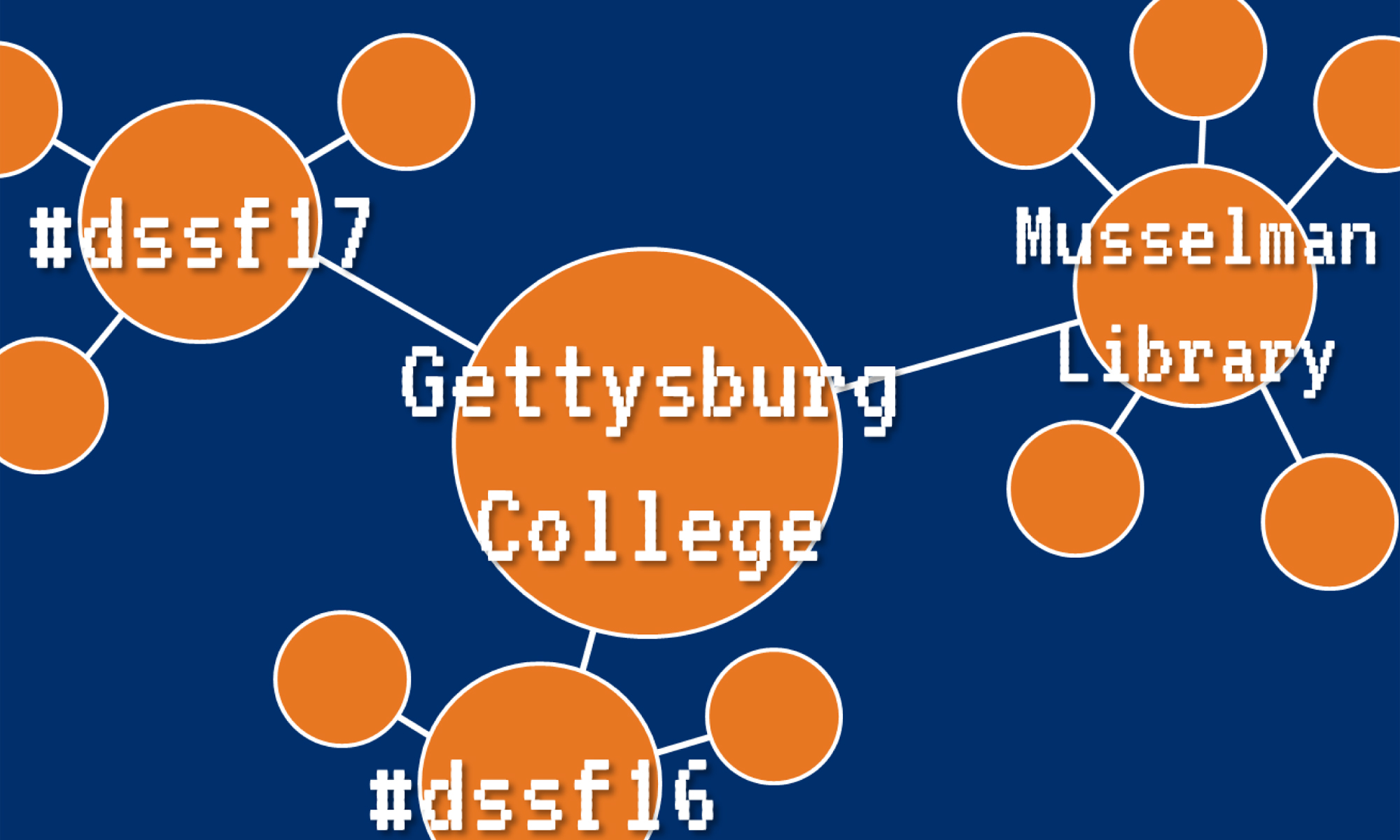Digital Humanities is an extremely tough thing to define. Every digital scholar has their own unique definition, and I can assure you that my definition is likely going to be different from those in my cohort and even the senior fellows. I define digital scholarship and humanities as:
the practice of engaging with the scholarly community to collaborate and learn more information to create better, more engaging, and more approachable projects for the education and archival of all.
Even then, that probably doesn’t cover everything involved, and that’s a pretty broad definition. So, let’s break it down:
- the practice of engaging with the scholarly community: What I mean here is that there are no boundaries on the internet, and that makes it superbly easy to engage with other scholars via Twitter, Slack, and more. I can ask questions to other people who have a better idea of what they’re doing, and share my story with other amateur scholars so they can learn from the mistakes I make along the way. That’s the real treasure.
- collaborate and learn more information: Again, I can ask questions about my project and my research from people who are usually too up in the ivory tower to be truly approachable. It levels the playing field in the interest of making sure that knowledge is accurate and shared with all.
- to create better, more engaging, and more approachable projects: The primary goal of scholarship is to learn. One thing that scholarship gets critiqued for is that scholars are too busy being those darned liberal elites to be approachable and engage with others to share their knowledge. Since our projects will be on the internet, anyone can look at them (even Donald Trump or David Hasselhoff). Our projects are meant to share what we’ve learned during our ten weeks here, and that means that they can’t be sloppy, inaccurate, or too complicated to use and process that information.
- for the education and archival of all: Welcome to the internet, where someone somewhere has an archive or screenshot of your website and nothing ever gets deleted. Therefore, people can always learn from your website, but it can also save and archive information that may be disappearing. For example, Laurie Allen at the Pennsylvania Library Association Digital Humanities workshop discussed how she’s working to preserve climate change data and make it still accessible despite those at the top trying to delete it and deny that climate change is real. That’s a separate issue, but her work is important to maintain that learning experience for the world to use and still fight climate change. As far humanities goes, I’m going to use the example of digitization projects that preserve high quality scans of documents, artwork, and more. While that is absolutely not a substitute for keeping the actual piece being digitized as well preserved as possible, it still makes a piece more accessible to the general public so they can learn from it too.
I may have more to add to this at the end of ten weeks. We’ll find out together, shall we?

I like this concept of approachable-ness. If anything, humanities should be approachable, since it speaks to the human condition. Good thoughts.